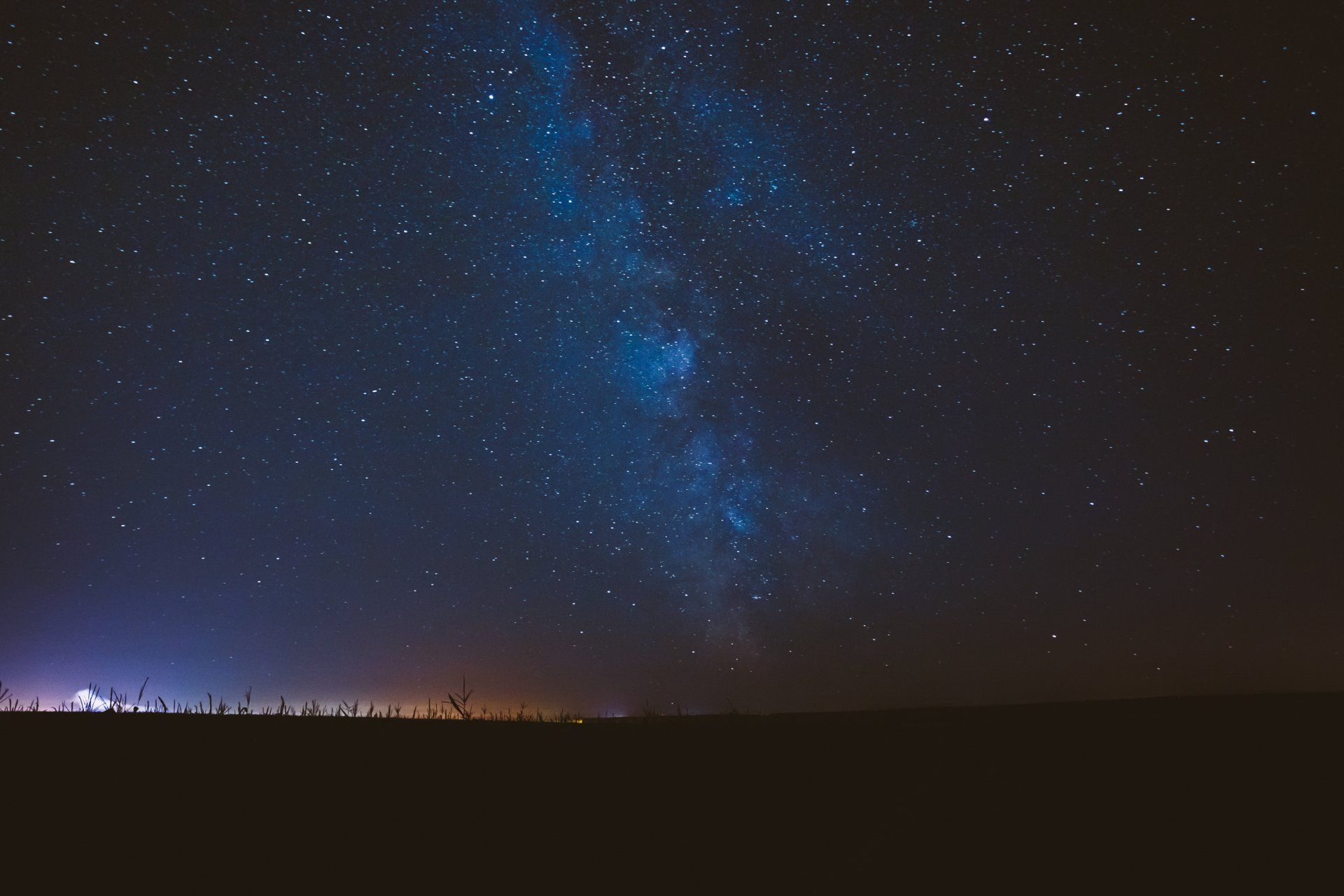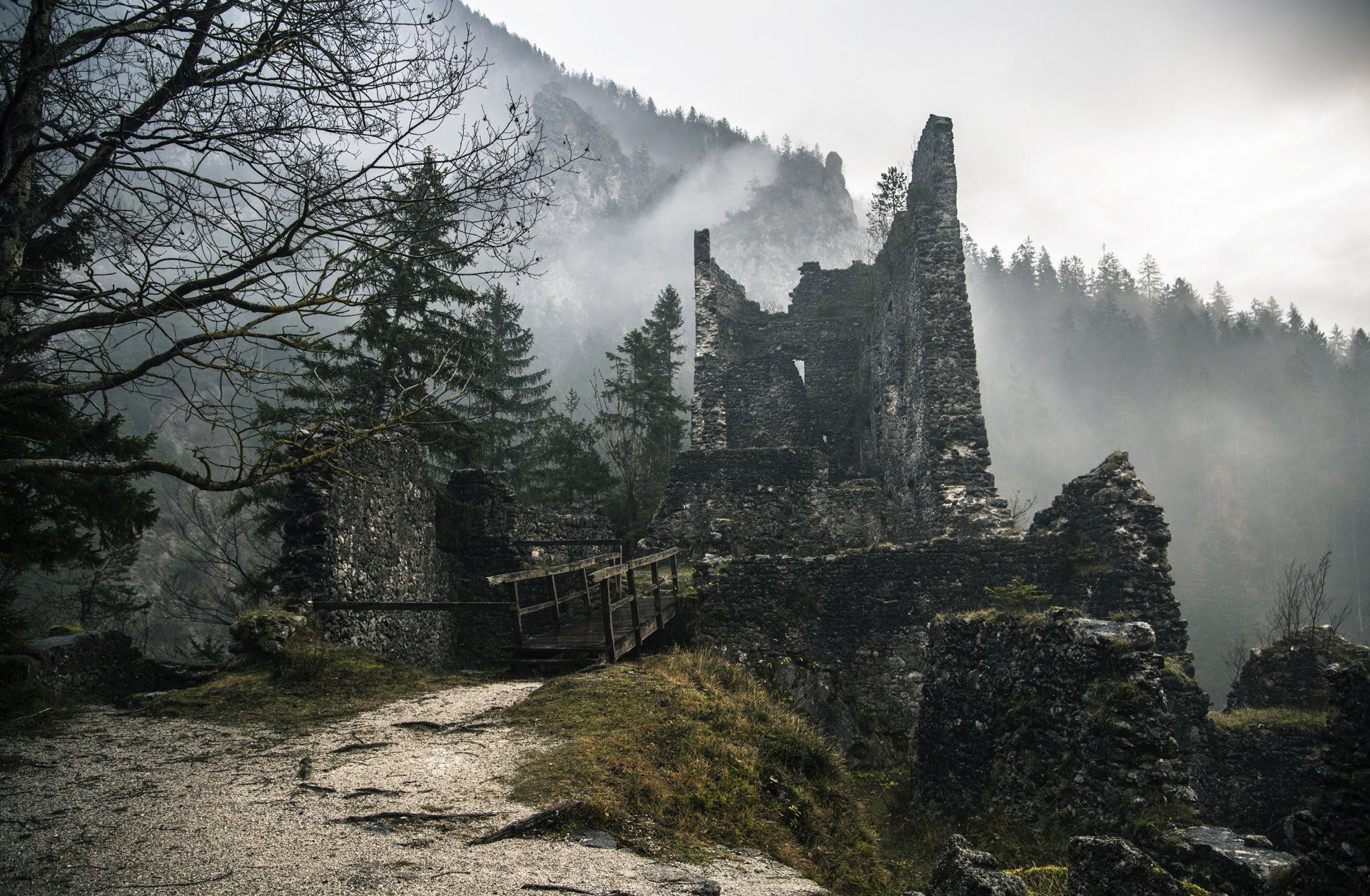SHARING OUR SORROWS
Brian Harris • September 30, 2021
Where is God?
One of the things that has always perplexed me is that the people I most expect to be angry with God are usually not, while those who are, often seem to me to have pretty good lives. What is more, the lack of a positive correspondence between fortuitous life circumstances and love for God is relatively easy to establish.
Question: Where is the Christian Church growing most rapidly? Answer: In some of the poorest countries in the world.
Question: Where is the Christian Church most quickly being abandoned. Answer: In the most privileged countries in the world.
The irony of the answer to the second question is great, especially as it was a broad cluster of Christian virtues and beliefs (such as a strong work ethic, valuing every person, separating God from nature and stressing accountability and honesty) that led to the prosperity of these countries in the first place - but that is a topic for another day.
Why are the most privileged not grateful, and the least fortunate not shaking the fist at God?
True, there are exceptions, but as the adage goes, the exception proves the rule. The trend is clear to see, despite a few blips.
I grew up in apartheid South Africa. The 1980’s was a period of increasing violence as opposition to apartheid grew. Many terrible things happened. A friend of mine was employed by his church to work as a chaplain and social worker in the squatter community of Crossroads in Cape Town. Technically an illegal settlement, it was home to tens of thousands of people all trying to eke out a living in a setting where their skin colour closed most doors to them. My friend was always busy, and many of his stories were tragic and deeply disturbing.
One morning I woke to newspaper headlines announcing that during the night authorities had moved into the illegal settlement of Crossroads, ordered residents to leave immediately (to who knows where) and had then begun bulldozing their homes down. It was a terrible abuse of human rights, but this was the apartheid era, and there were a fair few of those.
My friend contacted me a few days later, exhausted at every level. He told me that on the night the bulldozing began he had several frantic calls from residents of Crossroads asking for whatever help he could muster. He had raced through to the settlement, wondering what he would find, and felt his rage growing as he surveyed the chaos. Modest little shanties had been reduced to rubble, there were young children wandering around, calling out for parents from whom they had been separated, dogs were howling everywhere and some places were on fire. In the distance he heard the sound of singing, and walked towards it. As he got closer he recognised the sound of a Christian hymn. He was perplexed. Who would sing a hymn of praise to God at a time like this? There was a very large group of people and they were all singing loudly - one hymn of praise after another. His anger overflowed and he asked the man next to him why he was singing at a time like this. The man looked at him quietly and a little sadly for a long time, as though he was an especially slow child, and then he said, “Because they can’t take God away from us. They can take everything else away, but they can’t take God away.”
What do you make of the story?
A part of me, the privileged me, wants to reply a little patronisingly, “Yeah, well I guess a bit of escapism is understandable when you’ve lost everything.” But at a deeper level I know this is an inadequate answer.
In our deepest sorrows, God is often most present. When faced with the unthinkable, there is nowhere else to turn. Postulating God’s non-existence is not an answer, for if God does not exist then life is truly unbearable. Clinging on to hope defines our humanity, and sees us refuse to give up.
If asked how they got through that harrowing season, the majority of Crossroad residents would say simply, “God saw me through. God saw me through.” There would be no deep existential angst, nor a thousand angry questions, just a statement of gratitude, and an acknowledgement that God, in some not entirely clear way, had helped.
Through the centuries, when faced with the theodicy question (how can loving God allow suffering and evil?) countless millions have given this answer. God shares our sorrows. God accompanies us in our sorrows. When we ask “why is this happening?”, we are often met with silence, but we are not left alone.
I accept that many will find this an inadequate answer, and might well dispute the premise (I didn’t feel accompanied in my struggle), but I think it is wise to listen to all voices, and to take heart from the many who, against our expectation, are able to affirm that God has been good to them even in the face of deep sadness and sorrow.
And if you have friends who have only experienced the absence of God when they have cried out in angst, why not see if you can be the presence of Jesus to them?

Sometimes, we categorise people out of Gods kingdom because they don’t meet the brief, they don’t fit our preconceived ideas and expectations. So, this Christmas, when I put my nativity in pride of place to celebrate “the King has Come”, I am reminded that a King didn’t come, at least not in the eyes of all those waiting on one. The nativity was the ultimate Kris Kringle (maybe the first!), where we quite simply don’t know what to expect and should always be prepared for a surprise, but it will be a gift.

St John of the Cross wrote: “If a man wishes to be sure of the road he treads on, he must close his eyes and walk in the dark.” When we can’t see, and can’t make any sense of things, keeping on can be the deepest form of trust. It can serve a profound purpose, for the dark night of the soul is sometimes the space between who we have been and who we will become.

